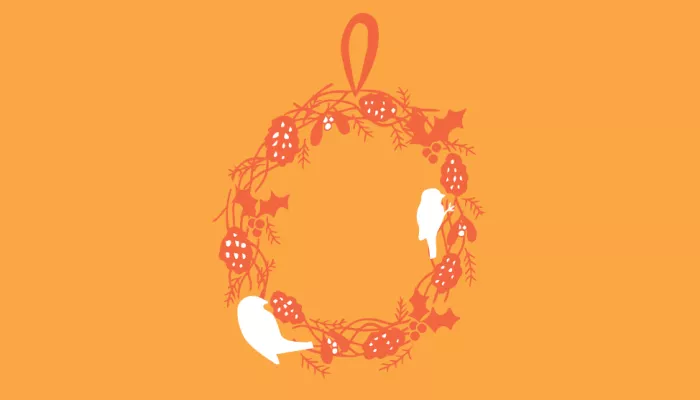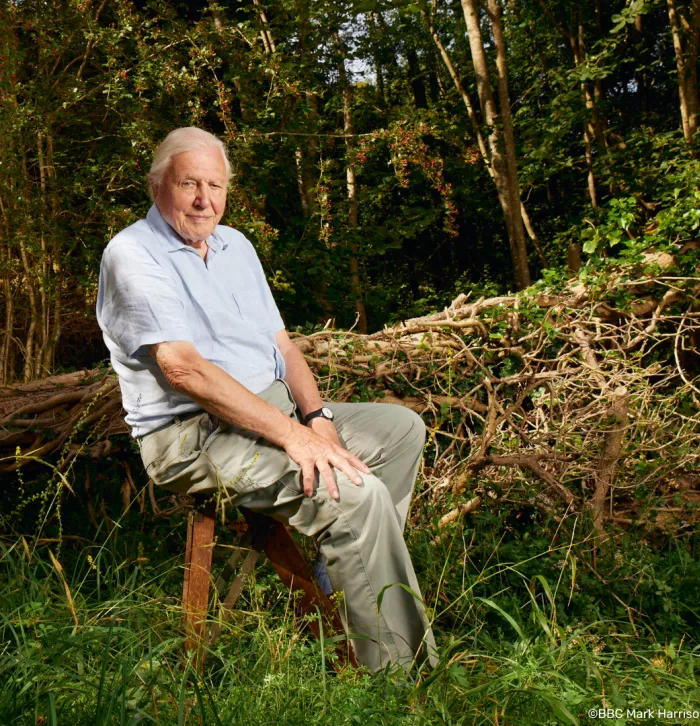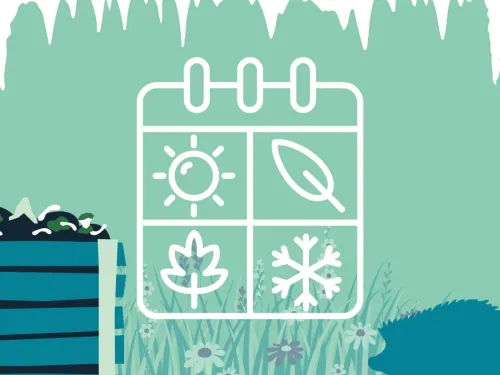
Sustainable food growing
On this page you'll find useful tips on how to grow food in ways that help your community and the biodiversity around it

With food, water and shelter scarce over the winter months, give your garden birds a treat with an edible Christmas wreath.
The salt-laden winds that buffet our shores cause damage to plant limbs and stunt growth. Plants have to be specially adapted to cope with the salt, which causes leaf-burn and defoliation. The soil is unlikely to be first-rate either: light, sandy, lacking in nutrition, unable to retain moisture and probably containing a high salt content. Rainfall can also vary from meagre to copious, depending on which side of the country you live on.
The good news is, with the right plants, there’s no reason why our maritime regions should not enjoy the same wealth of wildlife as the rest of the country. The insects, birds and other creatures to be found along our shores have all adapted to the often harsh environment, and many are exclusive to this particular habitat. For instance, some birds, butterflies and moths make the flight across the North Sea and the English Channel to set down in desirable habitats on our east coast.
Helping out our little feathered friends will give you the chance to see these creatures up close – including some species only around in the winter months
Keep birdfeeders and bird baths clean to prevent disease and parasites spreading. Keep bird food and tidbits, like your new wreath, topped up over the winter months – a constant supply will bring a steady stream of visitors!


On this page you'll find useful tips on how to grow food in ways that help your community and the biodiversity around it

In this page you'll find an array of information to how to best help wildlife over the changing seasons each year

On this page you'll find exciting information on getting involved with citizen science project in your own home and community

On this page you'll find useful information on how to take environmental action from home and in your community

On this page you'll find useful information on how to reach out to others about nature & the environment

On this page you'll find excellent tips on how to shop sustainably and be mindful of what you're eating